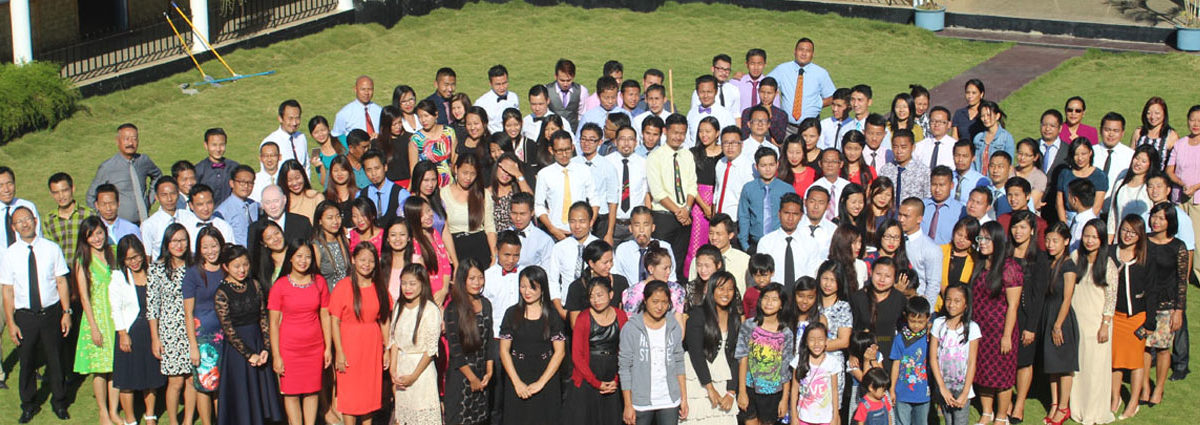
Holistic Education
At OTS we believe that theological education consists of three dimensions: body, mind and soul. And we believe that it is imperative that the seminary endeavors to strive to balance this by imparting knowledge and the tools that are necessary to help students develop a holistic approach to ministry. To achieve this goal, the seminary aims at imparting education not only through lectures, assignments and exams but also provide an atmosphere of informal interactions outside of the formal classrooms learning.
Adviser-Advisee Get-Together:
Students are divided into groups with one faculty as adviser. The purpose of adviser-advisee get-to-gather are:
Colloquium
At OTS we take developing of personality of the students very seriously. Students are required to attend at least three colloquiums. Colloquium provides the opportunity to share and interact with one another in making a critical assessment of peers and the self, leading to a constructive wholesome development of personality.
Community Paper Reading
Faculty members as well students are given the opportunity to do independent research on issues that are pertinent to our situation and present their finding to the community for discussion and interaction. Midlers are given the opportunity to read a book of their choice during the summer break and present in a book review format to the community in the Fall Quarter. The purpose of this is to develop critical and analytical aspect of the students’ intellectual development.
Summer Mission Exposure
First year students are sent out during summer break for three weeks to a mission field for exposure. Alongside local churches or mission organizations they do mission works to gain first-hand knowledge by living with missionaries to feel their heartbeat in mission especially among the unreached people group. During this period, they are required to maintain a mission journal. This is to give perspective to the students for their future ministry.
Field Education: Weekend Practical Ministry
Weekend Practical Ministry (WPM) fulfills the practical ministry course stated in the catalog. Every quarter WPM is carried out to fulfill these requirements. Students who successfully complete WPM are given a Pass Grade (P) in his/her transcript. Student who fail, receive a Fail Grade (F) which will affect his/her academic standing as a student at OTS.
The WPM is carried out to enhance, strengthen, and deepen the student’s spiritual gifts for a well-rounded ministry. It will also enable the student to:
Modalities: Each year the Field Education Supervisor appointed by the faculty, divide the students into two or more groups.
Since the seminary area provides numerous opportunities for practical application of theological education, the chaplain will determine the kind of ministry to be carried out by each individual group.
The group leader will take attendance. Permission for absences, except on medical ground, is normally not granted. Attendance to one’s own personal needs and pre-scheduled activity in and outside of the campus do not constitute emergency.
Dignity of Labor
Since the inception of this institution, Dignity of Labor has been an important part of the seminary activities.
The Dignity of Labor program is carried out at OTS with the primary aim to:
In order to successfully implement the Dignity of Labor program, it is made mandatory for all students. Unless genuine reason(s) is given, any absences will be made up during the week days as assigned by the program in-charge.
The nature of work includes farming, cleaning, shoe-shine, rickshaw pulling, crafts, woodwork, and other manual work. A participant has the choice to select the type of work made available for the program.